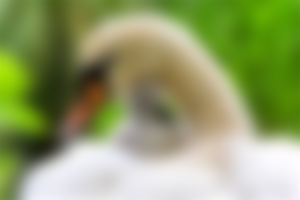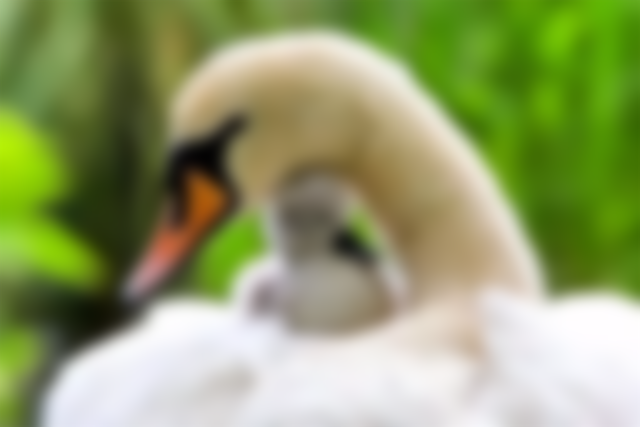Do you think the maternal instinct in animals is real?
Hello everyone, this subject has always intrigued me.Is maternal instinct real in animals? Or do we want it to be like this?Now i will try to write to you how strong instincts they have.
If you think that only humans have an impressive maternal instinct, you are wrong. Different species may show the same or more maternal instinct found in humans. And people claim that animals don't have feelings...
There is a saying, "Mother nature is wise". As we get to know the animal kingdom closely, we witness the truth of this saying once again. Like humans, animals have maternal instincts. It is like a chip implanted in our brain that compels us to protect and take care of the most vulnerable.

Jenny Holland, a National Geographic collaborator and expert in animal conservation and biology, explains how animals' brains work: Animals protect other animals, not just for the good, but for the protection of the species.
It is very interesting that this impressive maternal instinct is also seen among the species. Most animals can adopt vulnerable animals that have no common or similar points.
Do you remember The Book of the Jungle? This book is not based on a fantasy or fictional story. This is how nature works.
For example, whales have been seen helping animals in need. It has been observed that dolphins and other animals that have survived the fishing net, injured or lost their families are included in the whale groups.
Adoption in the animal kingdom has been observed to occur during the lactation period, when the animal's oxytocin levels rise and bonding becomes stronger.
This condition is also seen among chimpanzees, lions, elephants and many other animals. Experiencing them over and over teaches us humans how to be better. You do not think so?
Elephants have an impressive maternal instinct. Females and cubs usually travel in packs. They protect and watch over the little ones by circling them. Of course, every pup has a mother. But when one is orphaned, the rest of the herd adopt him. They do not leave the young animal alone or in need of help.

Although elephants are docile and noble, they can turn into fearful animals when their cubs are threatened. This also applies to sloths. Although most people don't know, the sloth got its name because of its movements, not its character.This animal is not actually lazy, they have very little energy. That's why they save their energies only to meet their essential needs. For example, to protect their offspring. At these moments, they spend all their energy to protect their offspring. In seconds, they can cut any predator in half with their long claws.
The impressive maternal instinct is also found in kangaroos. As if they carry their babies in their pouches for months, they can also knock those who try to hurt their babies on the ground with a kick.
In addition, when they find a needy calf, as with whales and elephants, they will put it in their pouch. The puppies take care of them until they reach the stage where they can get by on their own.
Polar bears, lions, tigers, and other similar species have maternal instincts. The phrase "to turn into an animal for the sake of protecting their children" in foreigners is very meaningful.

Thank you for reading.
I wish everyone a good and healthy day



I think it's real. Even if it's an animal, they also have a sense of motherhood. The sense of motherhood isn't just for humans.